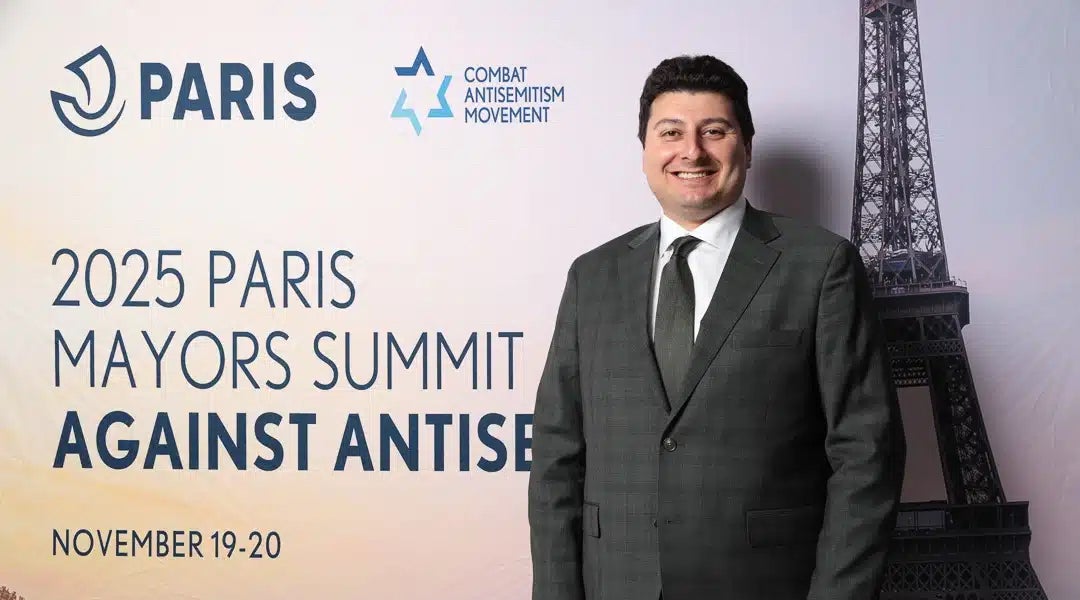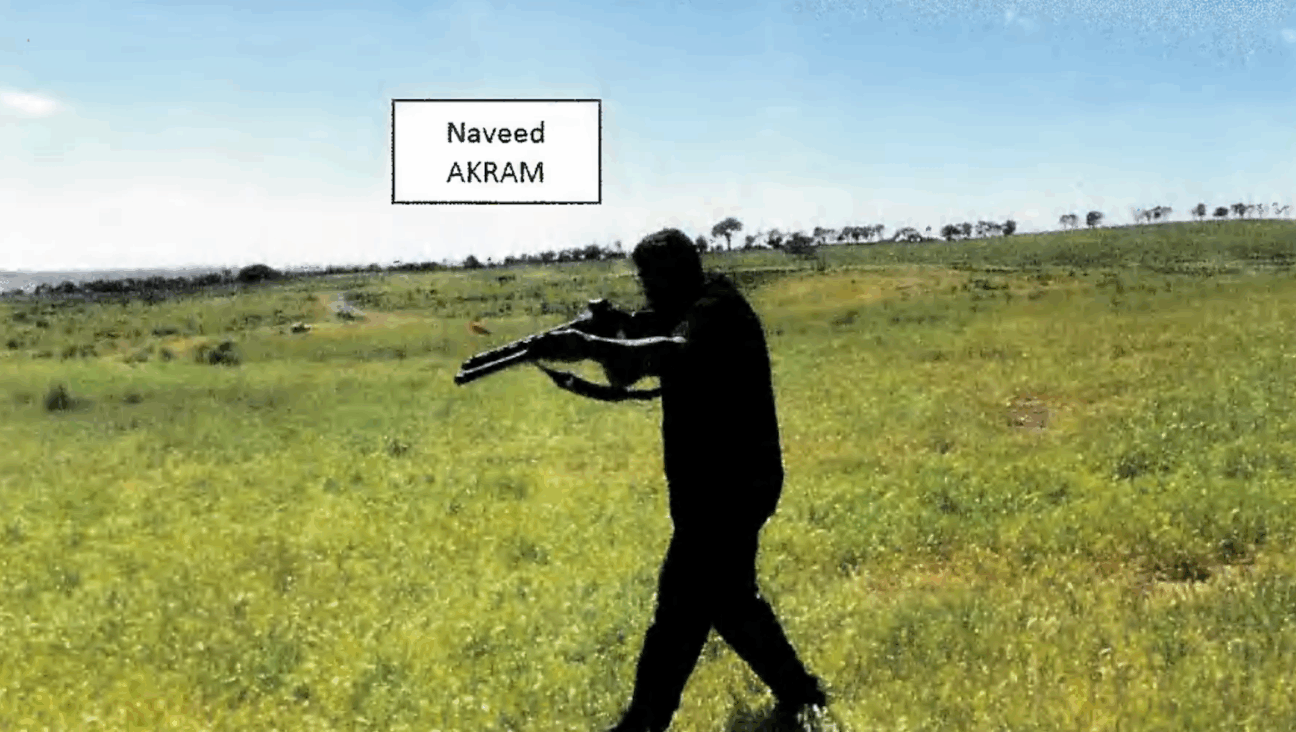‘Natural Growth’ Is Sticking Point Between U.S, Israel
Pushing a baby stroller and clutching her toddler’s hand, Hanna Yadler walks through the shiny lobby of her new apartment building and explains how she’s relieved her family found a place to live in Modiin Illit.
Yadler, 28, has four children. Her family outgrew its one-bedroom apartment in Modiin Illit a while back, forcing her children to sleep in the living room. The family recently found a new home, and now there’s room for all the kids and – in a community where it’s common to have as many as 10 children – those who might follow.
In this community, one of the fastest-growing Jewish settlements in the West Bank, Yadler’s growing family is a typical example of “natural growth” in the Jewish West Bank.
It’s precisely this sort of growth that the Israeli government says it will not halt to accommodate demands from Washington that Israel freeze settlement construction. New pressure from the United States to halt even so-called “natural growth” has taken Israeli officials by surprise. There is considerable worry in Israel that the dispute over settlement growth may escalate into a full-blown showdown between the Obama administration and Jerusalem.
President Obama, who is scheduled to travel to the Middle East this week for his first trip there as president – a trip that will not include a stop in Israel – said Monday in an interview with National Public Radio that it was time the United States was more honest with Israel. That, he said, means reversing trends that are “profoundly negative, not only for Israeli interests but also U.S. interests.”
“We do have to retain a constant belief in the possibilities of negotiations that will lead to peace,” Obama said. “I’ve said that a freeze on settlements is part of that.”
That same day, Israeli Prime Minister Benjamin Netanyahu rejected the notion of a full freeze as “unreasonable,” according to those present at a closed Knesset meeting at which he spoke.
Here in Modiin Illit, a community of some 45,000 fervently Orthodox Jews located across the highway from the burgeoning Israeli suburb of Modiin, which is just inside Israel proper, natural growth appears unstoppable.
Hundreds of newly married couples live here, and almost all seem to want to stay. As their families grow, so will the settlement – or at least that is what they have hoped until now.
Like most residents of the town, Yadler does not define herself as a settler for choosing to live here, just east of the armistice line that from 1948 until 1967 divided Israel from the West Bank.
“We did not come here for ideological reasons but because we have nowhere else to go,” she said. “We want to live in a community with a Torah-observant atmosphere.”
Most of her neighbors are transplants from the Tel Aviv suburb of Bnai Brak or Jerusalem, Israel’s two main centers of haredi, or fervently Orthodox, life. They came here because housing is more affordable in Modiin Illit and they could live in an exclusively haredi environment.
Since its founding in 1994 by haredi Israelis, Modiin Illit has grown from a few small streets to several sprawling neighborhoods of cream-colored apartment buildings built into the landscape’s sloping hills and valleys. It’s about three miles away from Modiin, which was built at about the same time.
Fervently Orthodox settlements like these account for the majority of growth in the settlements today, said Hagit Ofran, who coordinates Peace Now’s settlement-monitoring division.
But now housing here is becoming scarce and more expensive, too, with the government apparently reluctant to offer new permits for development in the face of international pressure, residents say. A 750-square-foot apartment that 18 months ago would have sold for $90,000 now sells for about $180,000.
Two doors down from Yadler’s building, Palestinian construction workers from nearby villages hurry to finish one of a handful of apartment buildings still going up in the settlement. In Yadler’s own building, like others across the settlement, locals are building additions because they cannot move to larger apartments.
There are some 120 settlements across the West Bank – territory the estimated 2.5 million Palestinians who live here want for their future state. Nearly 300,000 Jews are living in the West Bank. The international community, including the United States, considers the Jewish settlements illegal. Israel captured the West Bank in 1967 from Jordan, but aside from eastern Jerusalem, it never annexed the territory.
Residents of Modiin Illit are worried about the impact of a building freeze on their community. A 31-year-old man who identified himself as Shaul said it would impact not only housing but yeshivas, schools, grocery stores and pharmacies that needed to be built.
“Our great hope and prayer is that it won’t happen and that logic will prevail,” he said.
For her part, Peace Now’s Ofran welcomed the change in tone from Washington.
“We believe it will help the Israeli public have a better discussion about whether or not settlements are really worthwhile and in the Israeli interest if in the end we will have to evacuate them,” she said.














